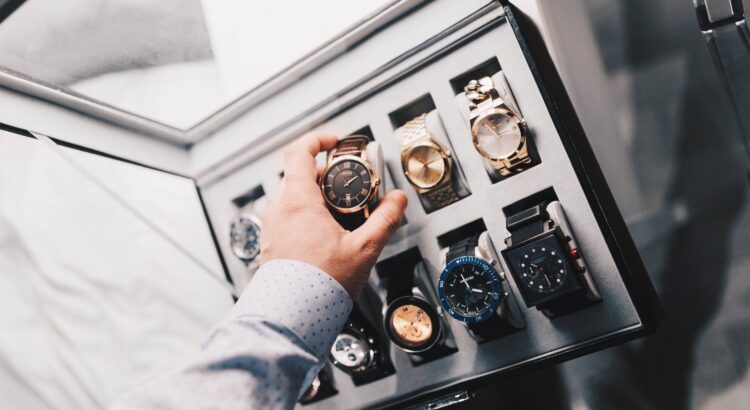Specific gifts and residuary gifts explained
In a Will you can make a specific gift or a residuary gift.
A specific gift is a gift of something you own e.g. a watch or a diamond ring. Giving a specific gift means the item given is taken out of the rest of your estate and has to be dealt with before payment of all debts, taxes, expenses.
After specific gifts are dealt with and debt, etc paid the balance forms the ‘residuary estate’.
If a Will doesn’t have any specific gifts then everything else forms the ‘residuary estate’ and everything then is a ‘residuary gift’ made under the residuary clause.
Not all Wills contain clauses with specific gifts. Many will makers choose not to make specific gifts in their Wills. This is a good thing. This is because specific gifts have a tendency to fail.
If Section 26 Will Act applies or an alternate beneficiary is named a gift to a residuary beneficiary doesn’t fail if he/she predeceases the will maker. If a resdiuary beneficiary predeceases the will maker and the will isn’t changed then his/her share falls back into the residue. It’s then given to the surviving residuary beneficiaries. No intestacy arises as long as there is a residuary clause in the Will.
Every Will must have a residuary clause.
Types of specific gifts
A Will may have specific gifts of items such as jewellery, art work, antiques, watches or cars, basically objects that are usually expensive, rare or unique.
You can also make a specific gift of cash e.g. “I give the sum of $200,000 to my brother, Paul”.
A specific gift (whether of cash or an item) will fail if the named beneficiary passes away before the will maker.
When specific gifts also fails
Generally gifts of cash will not fail unless the estate is worth less than the specific gift.
Other than cash gifts a specific gift will fail if the item or object gifted is no longer owned by the will maker at the time of death, e.g. a car that is sold before the will maker dies.
As a person gets older, frail and forgetful stuff they own tend to start disappearing.
The children in a warring family sometimes start helping themselves to a parent’s valuables during the parent’s lifetime. This happens to prevent another sibling ending with the item that is taken.
Gifts of money in a specific bank account
Some people think making a gift of the money they have in a bank is a good idea. Some choose to be so specific that their Will specifies that all the money in account number xxxxx is given to A and all the money in account number xxxxx is given to B.
However, every now and then it will be discovered after a will maker’s death that a will maker’s bank account was closed by the will maker’s Lasting Power of Attorney (‘LPA’). The LPA may be completely unaware of the contents of the Will. Sometimes this is done to get a better return or the money is needed to pay for the will maker’s care. When this happens the will maker may no longer have capacity to change the will after the bank account is closed.
If a Will makes a specific gift of money in a bank account and that bank account is closed before the will maker’s death that gift is adeemed ie fails.
Avoid problems
If you are making a Will for the first time don’t stress over listing every valuable asset that you own in the Will. Don’t think that if you are able to keep update your Will frequently and easily (or perhaps even do so free) that’s a good thing. It isn’t. The more specific gifts you list in a Will the more likely parts of your Will just ends up failing.
7 December 2020
